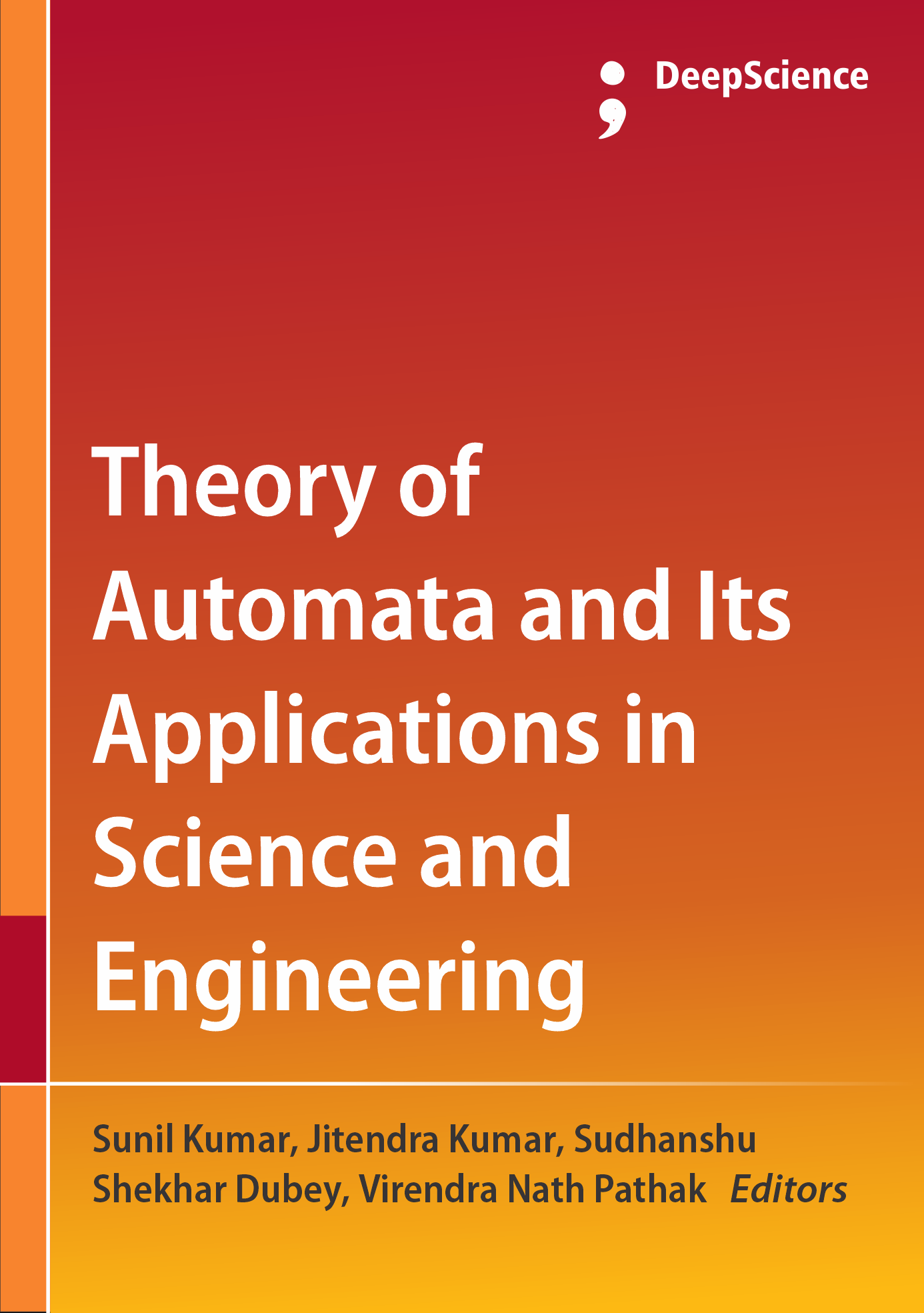Automata theory and formal language in artificial intelligence
Synopsis
Abstract: Automata theory and formal languages are fundamental components of the AI (artificial intelligence) and ML (machine learning) ecosystem. These references back to automata theory, which has implications in machine learning by providing a theoretical framework for designing algorithms that can learn from and manipulate large amounts of data. Although quite abstract mathematical constructs, formal languages have real-world applications, such as in natural language processing, where they enable parsing and make it possible to 'read' human languages, and thus add an expressive power to machine learning. In addition, we provide insights into recent developments concerning the integration of automata with machine learning methods that enhance the decomposition of complex systems and expedite learning procedures. This chapter aims to provide some insight into the importance of automata theory and formal languages in the development of AI and ML and also presents future areas of research, which could further connect both fields through the synthesis of current research and methodologies.
Keywords: Automata Theory, Artificial Intelligence, Finite Automata, Formal Language, Pushdown Automata, Turing Machine.














